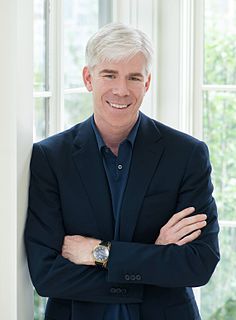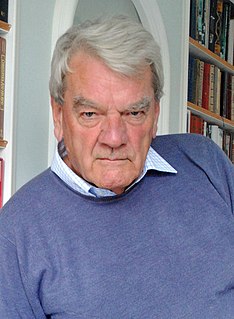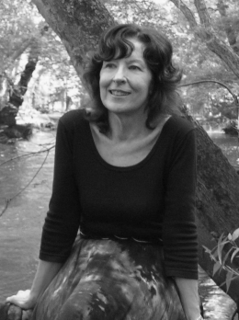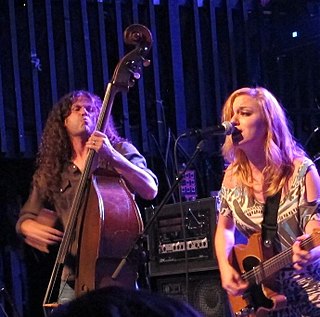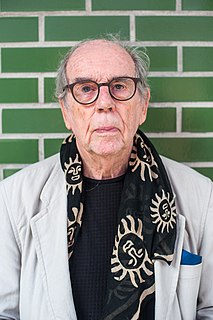A Quote by Ian Mcewan
I couldn't think about novels at all. It seemed the only writing that was appropriate to that horrendous event was journalism, reportage. And, in fact, I think the profession rose quite honorably to the task. Novelists require a slower turnover, I mean, in time.
Related Quotes
People always think of technology as something having silicon in it. But a pencil is technology. Any language is technology. Technology is a tool we use to accomplish a particular task and when one talks about appropriate technology in developing countries, appropriate may mean anything from fire to solar electricity.
I still think, perhaps I'm a bit old fashioned - that truth matters. I think truth matters particularly when it concerns an event of such horrendous quality. Holocaust was the worst, probably the worst massacre, if you'd like to call it that, in the world's history - considering the scale of it and the fact that it was done deliberately during wartime.
In writing my historical novels, I have to rely upon my imagination to a great extent. I think of it as 'filling in the blanks.' Medieval chroniclers could be callously indifferent to the needs of future novelists. But I think there is a great difference between filling in the blanks and distorting known facts.
From about ninth grade on, I knew I was a writer at heart. I had fantasies of being a great novelist, but I thought that seemed like an iffy way to try to make a living. So I tried journalism while in college, and really liked it. But even in journalism, I've always pursued ways to be somewhat literary, whether writing a column or writing books.
I don't think it's something that people would ask a man. Some people make a huge deal out of the fact that I sing about drinking all the time, but I don't think of it as singing about drinking. It's singing about emotions, and sometimes that centers around drinking. To me, I'm writing about things that I'm going through that mean something to me, but some people just reduce it to: "She must drink all the time." But if a guy sings about that sort of thing, no one really looks twice.


